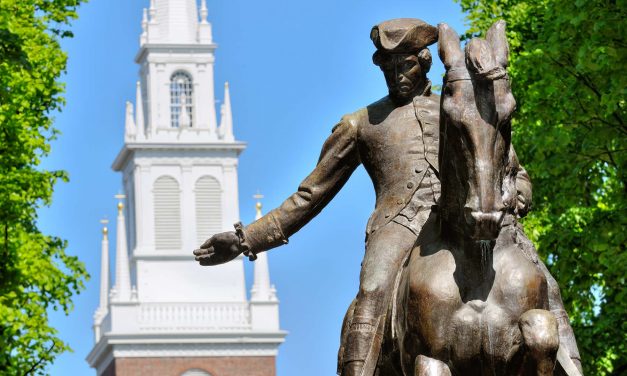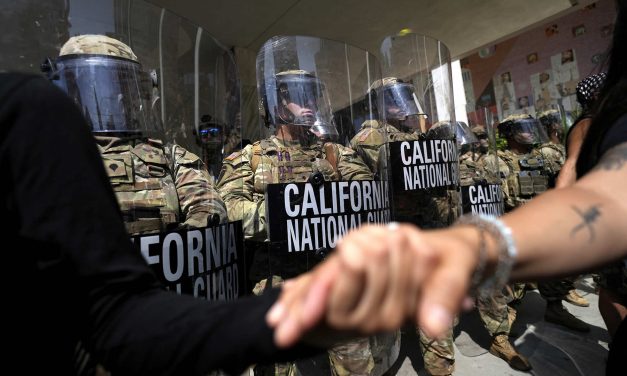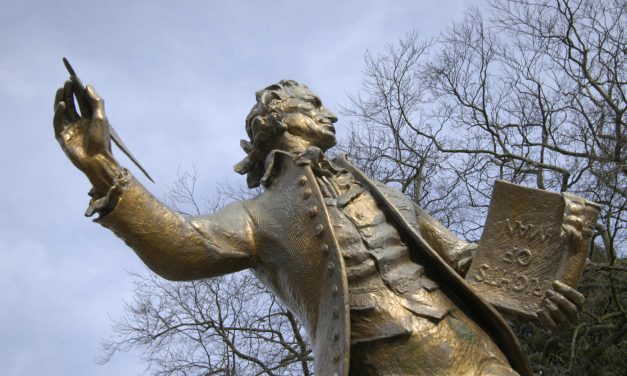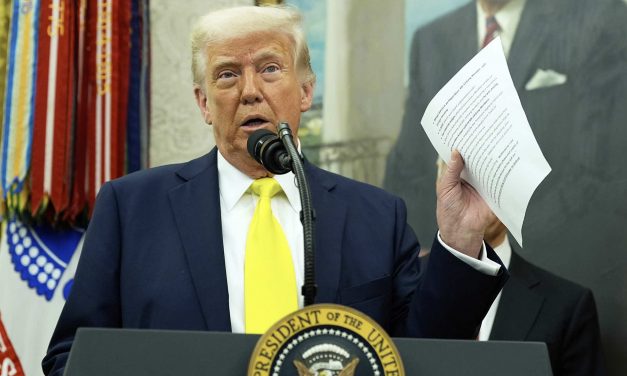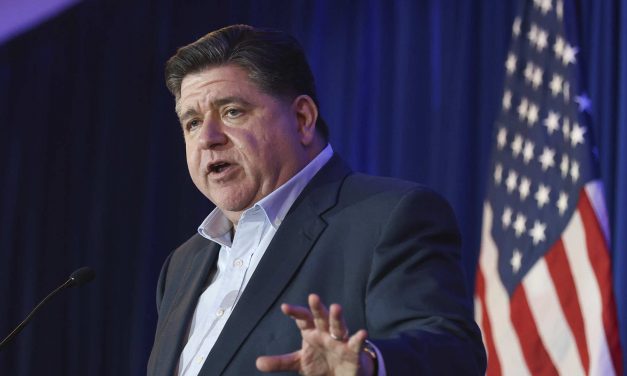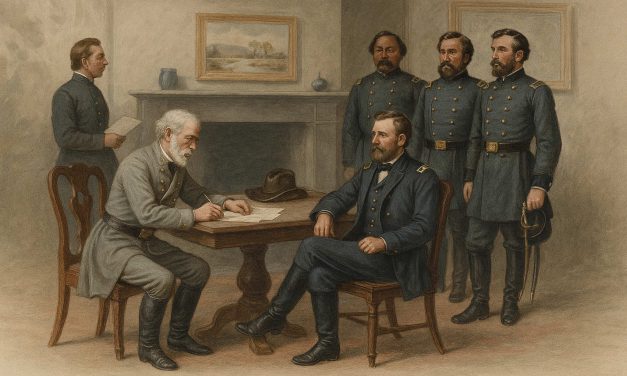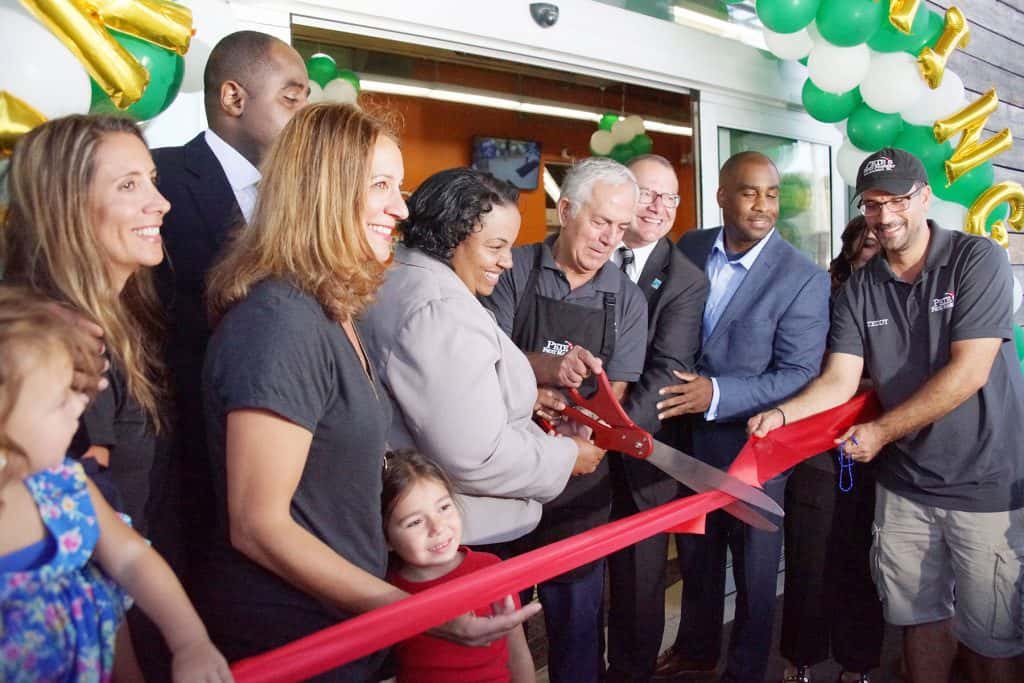Revere’s ride: Remembering the night 250 years ago when lanterns lit the Revolution at Old North Church
On April 18, Heather Cox Richardson was invited to speak at the anniversary of the lighting of the lanterns in Boston’s Old North Church, which happened 250 years ago. Here is what she said on that day. Two hundred and fifty years ago, in April 1775, Boston was on edge. Seven thousand residents of the town shared these streets with more than 13,000 British soldiers and their families. The two groups coexisted uneasily. Two years before, the British government had closed the port of Boston and flooded the town with soldiers to try to put down what they saw...
Read More
